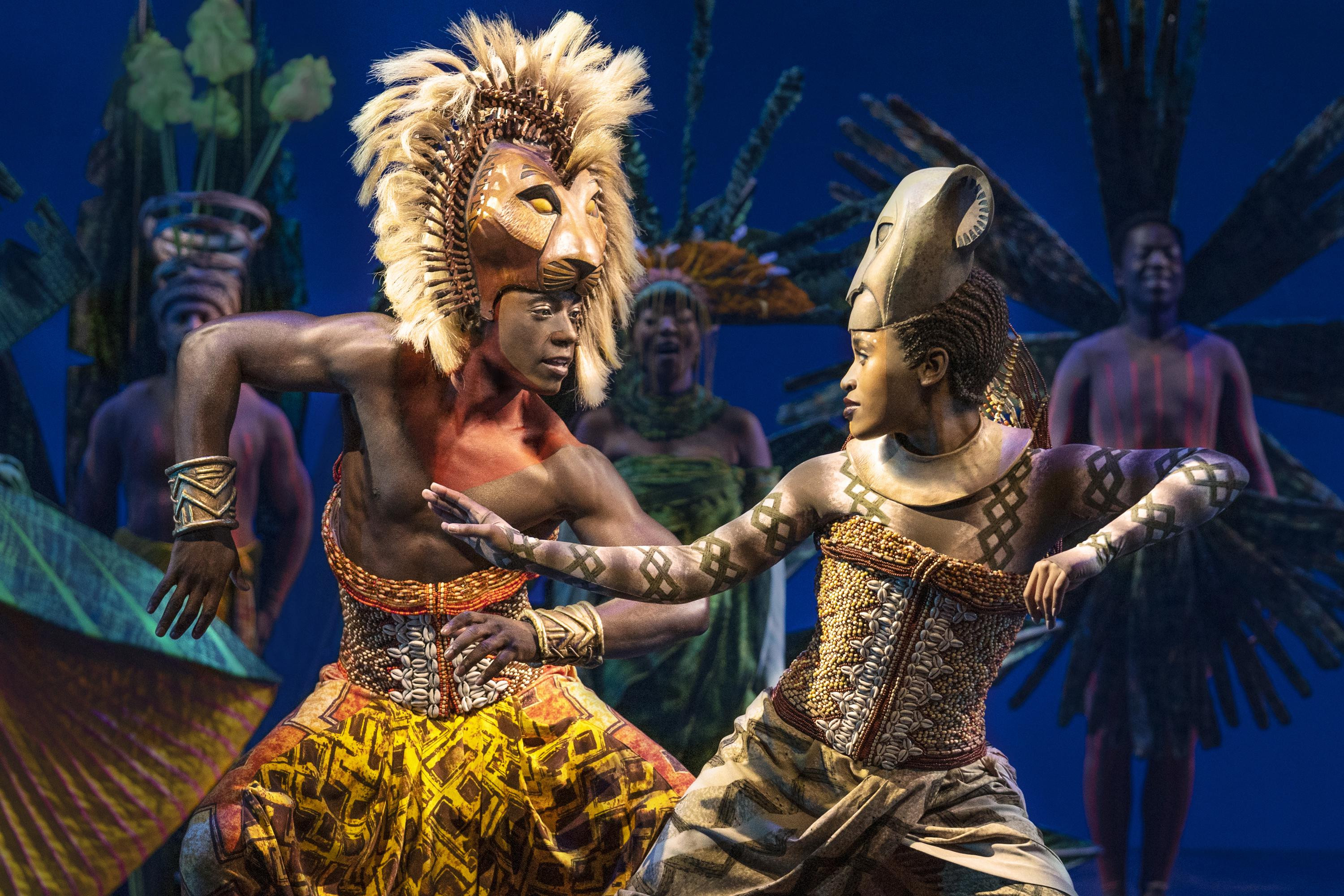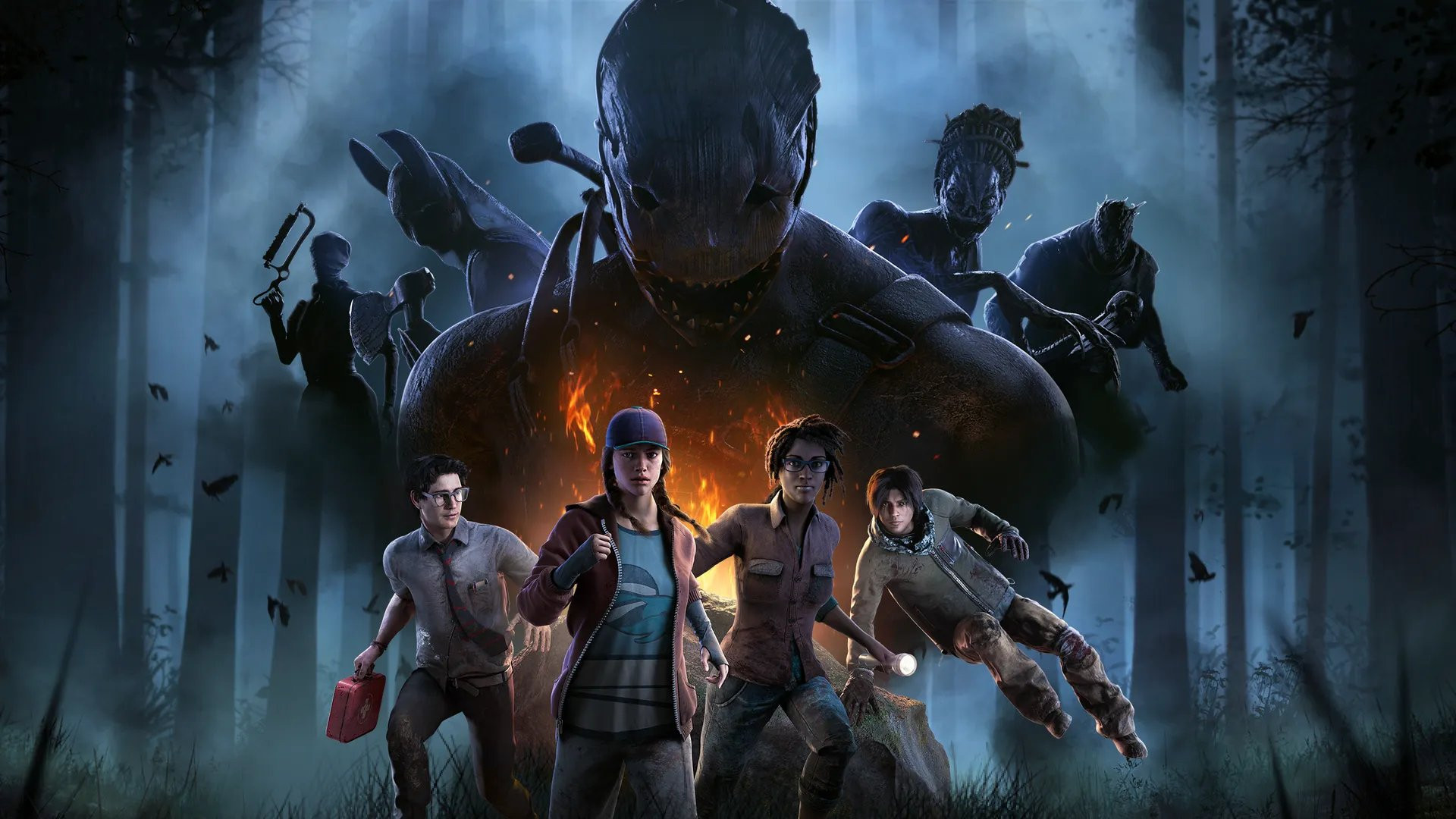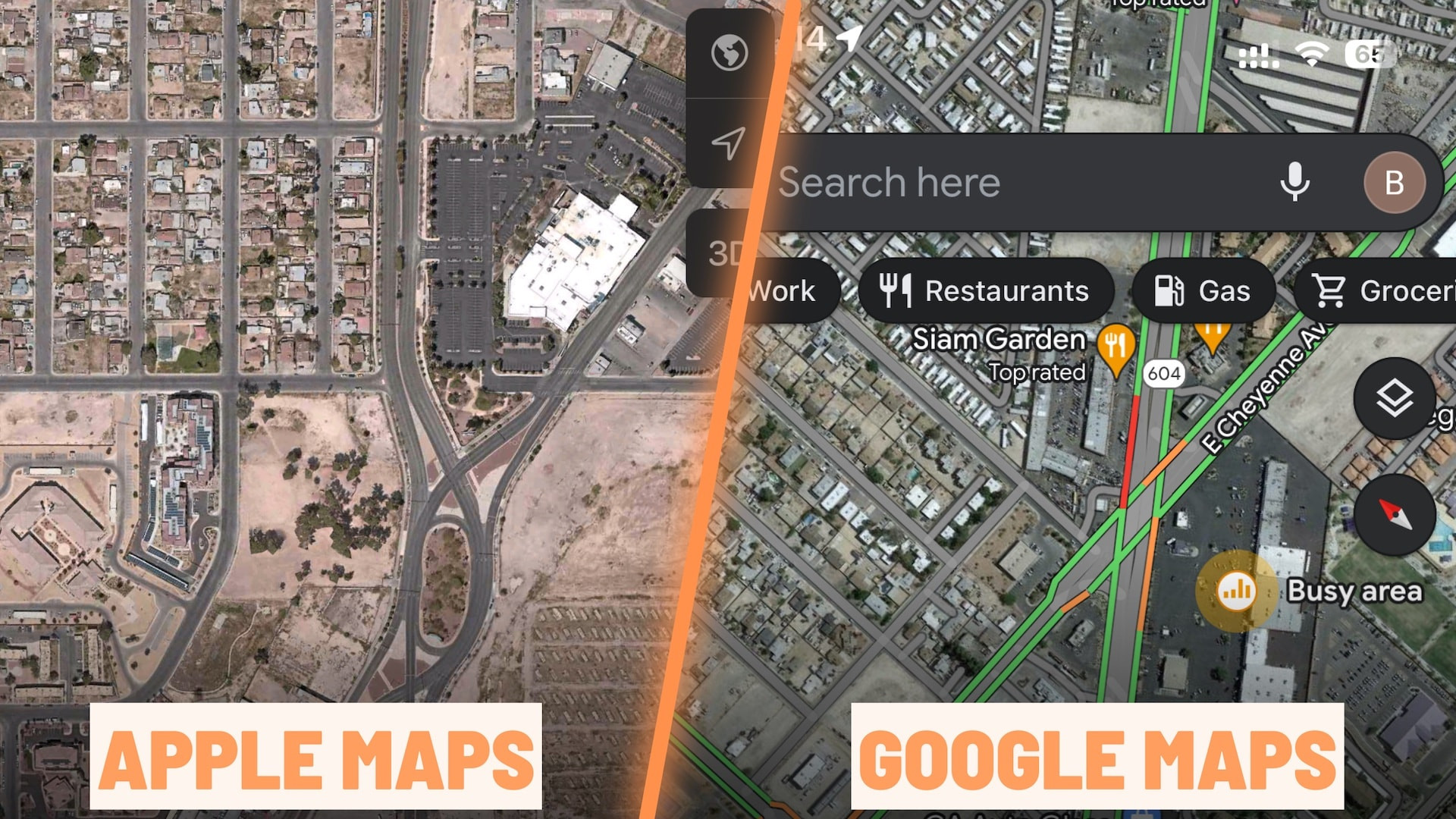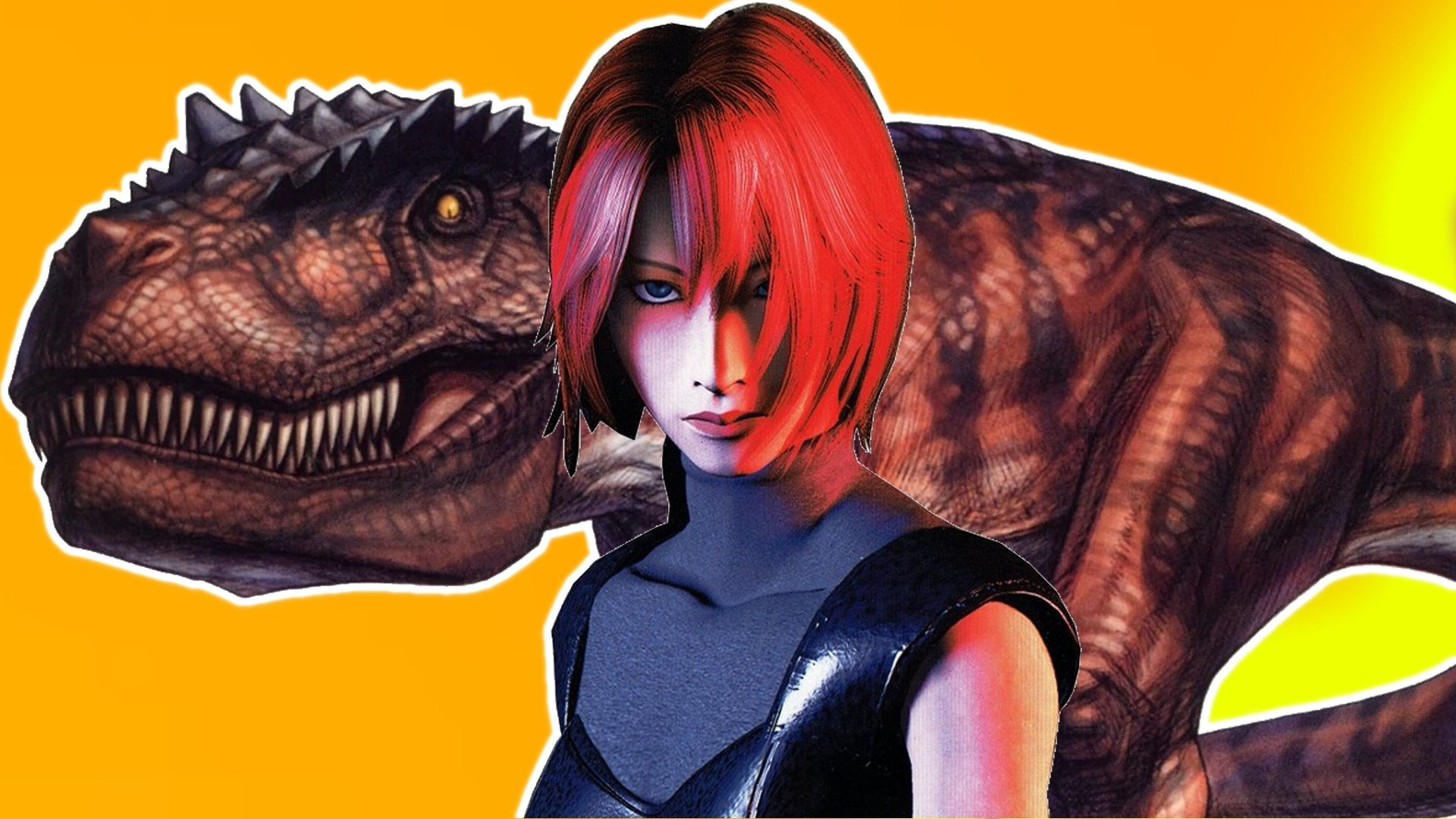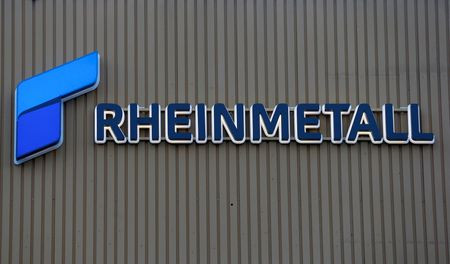The director of "The Lion King" believes that artificial intelligence (AI) has the potential to revolutionize filmmaking, comparing the current landscape to the "Wild West" with "very few rules." Rob Minkoff, who co-directed the classic 1994 animated Disney film with Roger Allers, told CNBC that AI could democratize filmmaking, making it more accessible to a wider range of creators.
AI's Potential to Democratize Filmmaking
Minkoff argues that AI could make filmmaking more affordable by reducing the need for expensive equipment. He envisions a future where AI tools empower independent filmmakers and potentially lead to an explosion of diverse content and new voices.
"I think what AI will do is potentially democratize the process of making content, because if literally anyone is given these incredibly powerful tools, then what we should see is truly an explosion of content, an explosion of new voices," Minkoff said.
AI's Impact on Film Industry Jobs
The advent of AI has sparked concerns about job displacement in the film industry, similar to the anxieties surrounding computer animation in the 1990s. Minkoff believes that adaptation and skill development are key to navigating these changes.
He recounted how "The Lion King"'s iconic stampede scene used computer animation to render thousands of wildebeests seamlessly, showcasing the potential of technology to complement traditional animation techniques.
Addressing Copyright and Intellectual Property Concerns
While acknowledging the potential benefits of AI, Minkoff also raises valid concerns, particularly regarding copyright and intellectual property. He suggests the establishment of a dedicated body to protect filmmakers' rights, similar to organizations in the music industry.
AI in Practice: The Reply AI Film Festival
Minkoff's comments come ahead of the Reply AI Film Festival, a competition celebrating filmmakers using AI in short film productions. The event highlights AI's role in enhancing creative processes without necessarily displacing human filmmakers.
Filippo Rizzante, chief technology officer of Reply, emphasized that AI will likely transform the delivery of content but not necessarily the number of jobs in the movie industry. He highlighted how AI tools can be used to enhance creativity and push the boundaries of what's possible in filmmaking.
The Future of AI in Film: A Balancing Act
The future of AI in filmmaking presents both exciting opportunities and complex challenges. While AI's potential to democratize content creation and enhance filmmaking techniques is undeniable, addressing ethical concerns and safeguarding intellectual property remains crucial. The film industry, like other creative sectors, will need to adapt and navigate the evolving landscape of AI while preserving the unique value of human creativity and artistic expression.
The Wild West of AI: A Look at the Future of Film
Minkoff's analogy of AI as the "Wild West" captures the uncertainty and excitement surrounding its potential impact on the film industry. The industry is navigating uncharted territory, with AI poised to transform traditional workflows, democratize content creation, and potentially reshape the very nature of filmmaking. The future of AI in film remains to be written, with both challenges and opportunities on the horizon.




